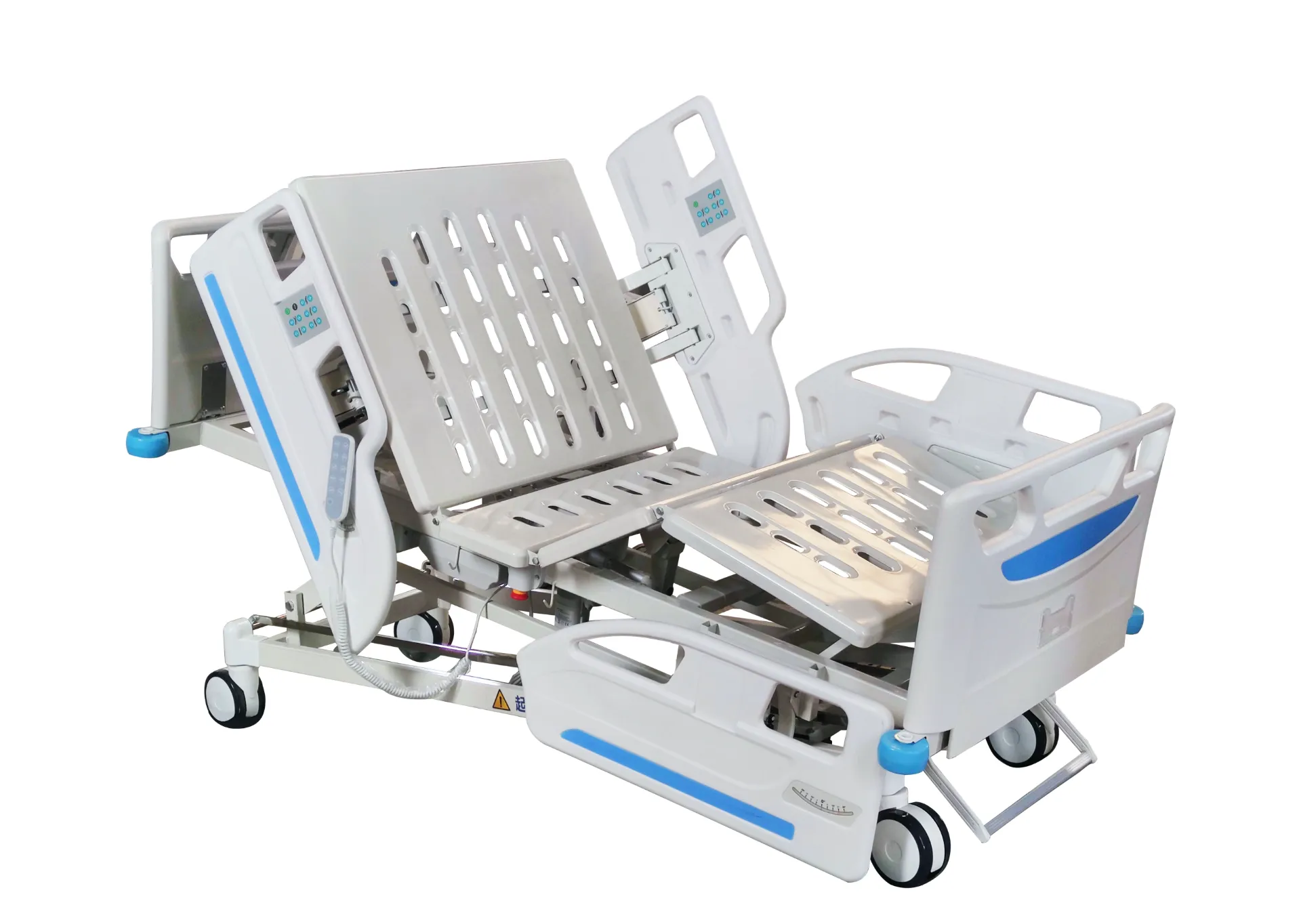Welcome to our websites!
reclining electric wheelchair
The Rise of Reclining Electric Wheelchairs A Revolution in Mobility
In recent years, the mobility aid market has seen remarkable advancements, with reclining electric wheelchairs emerging as a significant innovation. These wheelchairs not only enhance comfort and usability for users but also offer a level of independence that was once hard to attain for many individuals with mobility challenges. As the world continues to evolve toward inclusivity and accessibility, reclining electric wheelchairs represent a crucial step forward.
What is a Reclining Electric Wheelchair?
A reclining electric wheelchair is a type of motorized wheelchair designed to provide users with the ability to recline or tilt back, as well as adjust their seating position according to their comfort needs. Unlike traditional electric wheelchairs, these models are equipped with specialized mechanisms that allow users to shift their weight and change positions without assistance. This feature is particularly beneficial for individuals with conditions that make it difficult to maintain a seated position for extended periods, such as those suffering from muscular dystrophy, spinal cord injuries, or severe arthritis.
Benefits of Reclining Electric Wheelchairs
1. Enhanced Comfort The primary advantage of reclining electric wheelchairs is the increased comfort they offer. Users can adjust the recline angle to alleviate pressure on specific body parts, reducing the risk of bedsores and discomfort associated with prolonged sitting.
2. Pressure Relief By enabling users to shift their positions, these wheelchairs help distribute body weight more evenly, thus relieving pressure on the user's skin and enhancing circulation. This is vital for individuals who may spend hours in their chairs due to mobility limitations.
3. Versatility Reclining wheelchairs come with a variety of adjustable features, including leg rests and seat elevation. This versatility allows users to transition seamlessly from sitting to reclining to standing positions, facilitating daily activities and social interactions.
reclining electric wheelchair

4. Independence One of the most significant benefits of reclining electric wheelchairs is the independence they afford users. With easy-to-use joystick controls, individuals can navigate their environments without needing constant assistance from caregivers or family members. This newfound freedom enhances their quality of life, allowing them to participate in activities they may have previously avoided.
5. Improved Health Outcomes The ability to recline and adjust position regularly can have positive health implications. Regular position changes can lead to better respiratory function, reduce the risk of deep vein thrombosis, and improve digestive health, particularly for individuals with limited mobility.
Considerations When Choosing a Reclining Electric Wheelchair
While reclining electric wheelchairs offer many advantages, potential buyers should consider a few key factors before making their selection. Firstly, the wheelchair's weight capacity and dimensions should match the user's size and weight. Additionally, users should evaluate the wheelchair's battery life to ensure it aligns with their daily mobility needs.
Another important aspect is the wheelchair's maneuverability and ease of transport. Wheelchairs that are too bulky may not be suitable for all environments, and portable models may offer benefits for those who frequently travel or require transport in vehicles.
Conclusion
Reclining electric wheelchairs are reshaping how individuals with mobility challenges experience daily life. By offering enhanced comfort, independence, and health benefits, these innovative devices are paving the way for a more inclusive society where everyone can participate fully in their communities. As technology continues to evolve, we can expect even more advancements in mobility aids, further improving accessibility for all individuals, regardless of their physical abilities. In this way, reclining electric wheelchairs are not simply a product; they are a beacon of hope, reinforcing the notion that mobility should be a fundamental right for everyone.
-
Transforming Healthcare with Hospital FurnitureNewsJun.24,2025
-
Rehabilitation EquipmentNewsJun.24,2025
-
Mobility and Independence with WheelchairsNewsJun.24,2025
-
Freedom of Mobility with Our Rollator WalkersNewsJun.24,2025
-
Comfort and Independence with Commode ChairsNewsJun.24,2025
-
Bathing Safety and Independence with Shower ChairsNewsJun.24,2025
-
Navigating the Wholesale Landscape of Electric Mobility Solutions: Key Considerations for Power Wheelchair DealersNewsJun.10,2025











